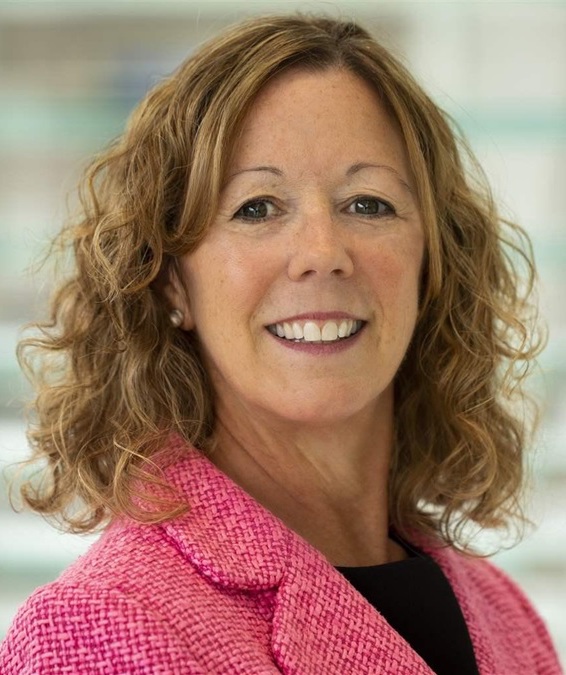Recent findings suggest licensed counselors are an untapped resource for taking care of those at risk for substance use disorders
By Jason Langendorf
As millions of people with a substance use disorder (SUD) continue to go untreated, one independent nonprofit organization dispatched a panel of experts to find resources that could help address the problem. Here’s what it identified: mental health licensed counselors.
Last week Pew Charitable Trusts published the findings and recommendations of its assembled experts in the fields of social work education and credentialing, psychology, behavioral health, addiction medicine and psychiatry, which convened in January 2020. The important takeaway: Because research has found that about half of individuals who experience an SUD during their lives will also experience a co-occurring mental disorder, and vice versa, Pew believes mental health licensed counselors (LCs) can be used to screen patients, refer them for specialized addiction care and, in mild and moderate cases, administer treatment themselves.
“There are about 750,000 licensed counselors who specialize in mental health in the United States, but there are very few that actually screen or treat people for SUD,” says Beth Connolly, Pew’s project director of substance use prevention and treatment. “So this seems like a really rich place to be looking in order for expansion of the workforce.”
What’s in the Recommendations

Pew’s experts acknowledge that enlisting mental health licensed counselors to screen for and treat SUD would come with its own set of challenges, including hurdles such as insurance coverage and necessary training protocols. But because early intervention is critical in addiction care and many LCs already possess many of the competencies to treat mild and moderate SUDs, the panelists recommend the following:
- State lawmakers can require that LC graduate and continuing education programs provide more SUD-related instruction
- State lawmakers and professional boards can update licensing standards to ensure that LCs have some level of training related to SUDs
- State lawmakers, Medicaid agencies and insurers can expand public and private coverage and increase reimbursement rates to incentivize qualified LCs to screen for SUDs and refer people to specialists as needed
Connolly emphasizes that the pandemic has created additional urgency for addiction care services, and urges policymakers to take advantage of a tool that’s already in the toolbox. But Jennifer Harrison, interim director of the Western Michigan University School of Social Work and one of Pew’s expert panelists, says the recruitment of mental health LCs isn’t just an all-hands-on-deck approach born out of necessity.
“There is a false narrative that you need to be a specialist to treat SUD,” Harrison said in the panel discussion. “LCs need to be the general providers of behavioral health, which includes SUD.”
Expanding Services
For those who didn’t previously recognize our national drug overdose epidemic and mental health crisis, the pandemic has fully exposed the chasm between behavioral health services and most of the public. America’s workforce shortage in addiction care has become impossible to ignore.
If Pew’s recommendations were to be acted upon, mental health licensed counselors could theoretically help our care systems make even more—and more immediate—gains toward improving SUD assessment, outreach and treatment access.”
Some help appears to be on the way. In addition to the $3 billion in funding for addiction and mental health services delivered by the American Rescue Plan in May and the commitment of resources toward a nationwide broadband upgrade (which can connect more patients to telehealth) in the $1.2 trillion infrastructure bill signed into law on Nov. 15, the Labor Department has projected significant growth in employment of addiction treatment, behavioral disorder and mental health counselors—25% over a 10-year period through 2029.
If Pew’s recommendations were to be acted upon, mental health licensed counselors could theoretically help our care systems make even more—and more immediate—gains toward improving SUD assessment, outreach and treatment access.
“If folks are already seeing patients who could have a dual diagnosis, then these are people that would already be in their practice,” says Connolly. “Perhaps even as we look to the future, in terms of bringing more clinicians on through academic programs, this would be a place where you can grow the field—with LCs having more capacity and the ability to not just treat one piece of someone, but to actually have a more holistic approach to their provision of service.”
Top photo: Christina@wocintechchat.com














